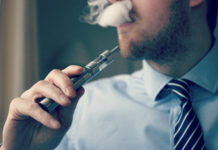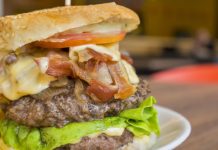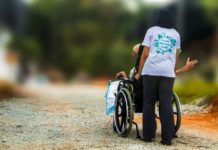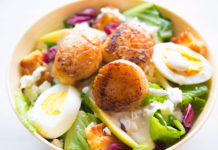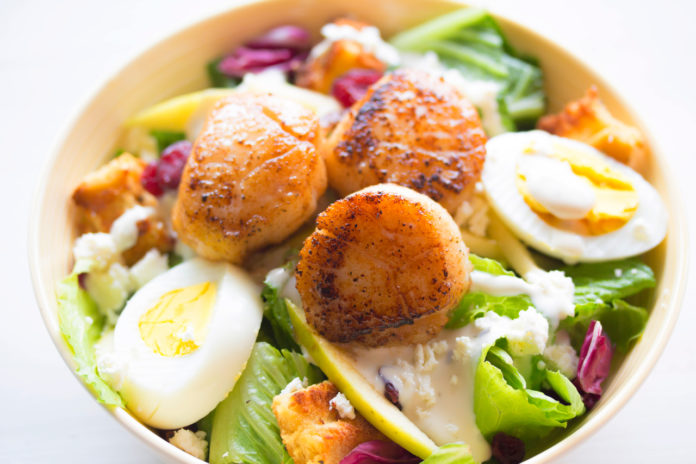
When it comes to health myths are often more powerful than facts. A fact check is in order
Life is not a bed of roses, we have often been told. And life in the information and internet age can be quite thorny, especially with endless fake news, fake health advice and health myths doing endless rounds of our mobile phones.
Medibulletin takes you through some common health myths; and why they are just that. Myths
-
Eating sweets gives you diabetes
In the era of non communicable diseases, this is perhaps one of the most all-pervasive perceptions. Once you have diabetes, eating sweets can certainly send your blood sugar skyrocketing but no amount of sweets can give a normal person diabetes. Diabetes is a metabolic disease – this means that it happens when physiological processes that keep the blood sugar under control, are disrupted. This could be the inability of the body to produce insulin, inability of the cells to use it or some other reasons.
What eating sweets or high calories foods can do though is to make you fat. And obesity is known risk factor for diabetes. But that if true as much of sweets as of any other fatty and high carbohydrate foods.
-
You should not drink water while exercising
This is a particularly common piece of advice and if you exercise in a public place such as park, you would have certainly encountered this at least once. The truth is, while exercising, you should drink as often as you feel thirsty. However drinking too much water may interrupt with your exercise schedule and make you feel heavy and bloated. But drinking enough water while exercising is actually a necessity if you want to continue to exercise for long periods.
-
Coffee is good for a hangover
This one again is a myth and a deadly one at that. This is because coffee can actually make a hangover worse. Though sleepiness is one of the principal features of the morning after the real reason for all those symptoms such as headache, nausea and grogginess is extreme dehydration. Alcohol drains the body of fluids.
Problem is, so does caffeine. So while coffee may wake you up for some time, it will do nothing for the headache etc or may even make it worse. Try curd instead.
-
It is easy to “burn” calories after a day of over indulgence
Many actors and film personalities have made it a habit of saying how they eat whatever they feel like and work it off, in reality it is very difficult. Sample this: an average 75 Kg individual can shed just 300 calories after running for half an hour at an average heart rate of 127 beats per minute. On the other hand one puff pastry is worth 551 calories.
While exercise is important for you general well being, to ensure that metabolic diseases like diabetes stay away from you, if you want to shed weight nothing works better than watching the calories. Far easier than shedding them. Exercise of course can make your metabolism better so that the average energy you spend while at rest is more but that will take a long, long time to tilt the scales of that weighing machine.
-
Rice is more fattening than chapati
If you come from the eastern or the southern parts of India, chances are, rice is something you cannot do without. And since childhood you have been taught to look at rice as the weight gain villain. Truth is, there is very little actual difference between the calorific values of rice and chapati.
100 grams of parboiled rice has 345 calories, 100 grams of chapati has 323. What does make a difference though is that rice has a far greater water content and is digested more easily. This could mean that you would feel hungry sooner on rice than on chapati and that could increase your overall calorie consumption over the course of the day.


